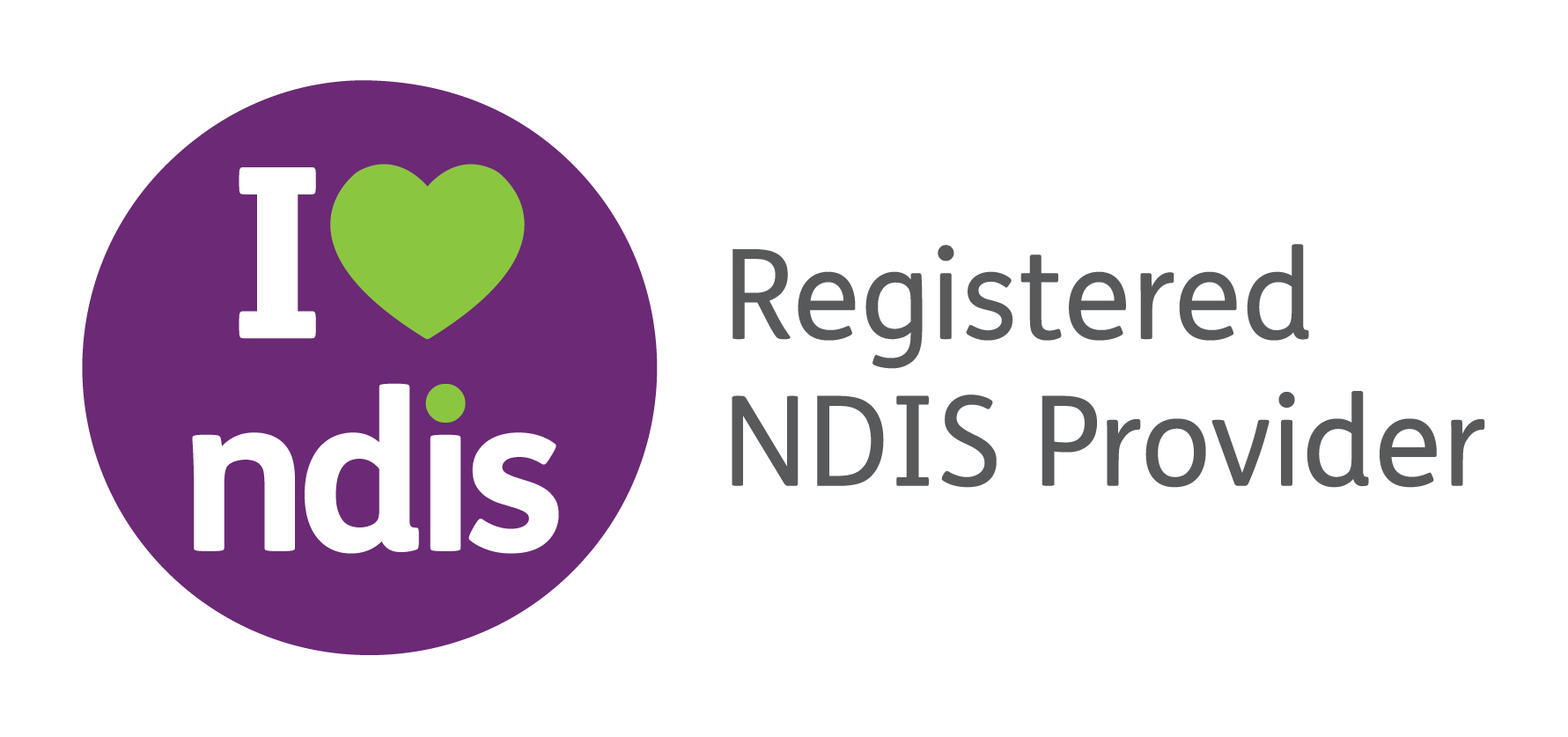URINARY CATHETER MANAGEMENT
THINGS YOU NEED TO KNOW
Urinary catheters are used to drain urine. Catheter management includes insertion, maintenance, and monitoring. This can be necessary due to surgery, medical conditions, or mobility challenges. A nurse makes sure that the process is smooth, hygienic, and as comfortable as possible.

WHAT TO EXPECT WHEN YOUR CATHETER CARE NURSE COMES OVER
If you or a loved one needs urinary catheter support, here’s what you can expect:
- Regular monitoring to prevent infections or complications.
- Proper cleaning and hygiene to ensure comfort.
- Education on how to maintain the catheter safely at home.
- Support with any discomfort or concerns you may have.
- A care plan tailored to your specific needs.
MAINTAINING COMFORT AND HYGIENE
A well-maintained catheter should not cause pain or distress. Our nurses focus on making sure you stay comfortable by:
- Using sterile techniques to reduce infection risk
- Checking for blockages and ensuring proper flow
- Providing guidance on fluid intake and hydration
- Offering support in case of leaks or irritation
HAVING A PROFESSIONAL HANDLE YOUR CATHETER MAKES LIFE MORE COMFORTABLE
Having a nurse manage your catheter can make a big difference to your comfort. A nurse can:
- Prevent infections by ensuring cleanliness and proper handling
- Monitor for signs of irritation or blockage
- Educate you on managing your catheter at home
- Provide reassurance and quick solutions for any concerns
"Our appearance reflects our role and values - our staff dress appropriately and maintain good hygiene."
- Erin

EXAMPLES OF CATHETER WE MANAGE
Not all catheters are the same. Different types require different levels of care:
- Indwelling urinary catheters (Foley catheters): These are placed in the bladder and left in for extended use. They are ideal for people who need continuous drainage, like post-surgical patients or those with mobility issues.
- Intermittent catheters: These are used for short periods of time and removed after each use. They help individuals who can urinate on their own but may have difficulty emptying their bladder completely.
- Suprapubic catheters: They are inserted through the lower abdomen for long-term needs. This type is often chosen for people who require catheterization for extended periods but want to reduce the risk of infection from a urethral catheter.

CATHETER CARE DONE BY EXPERTS
Whether you need short-term or long-term catheter support, professional nursing care ensures you stay comfortable and healthy.
With the right help, managing a urinary catheter can be simple, stress-free, and comfortable. The right care is here when you need it.


